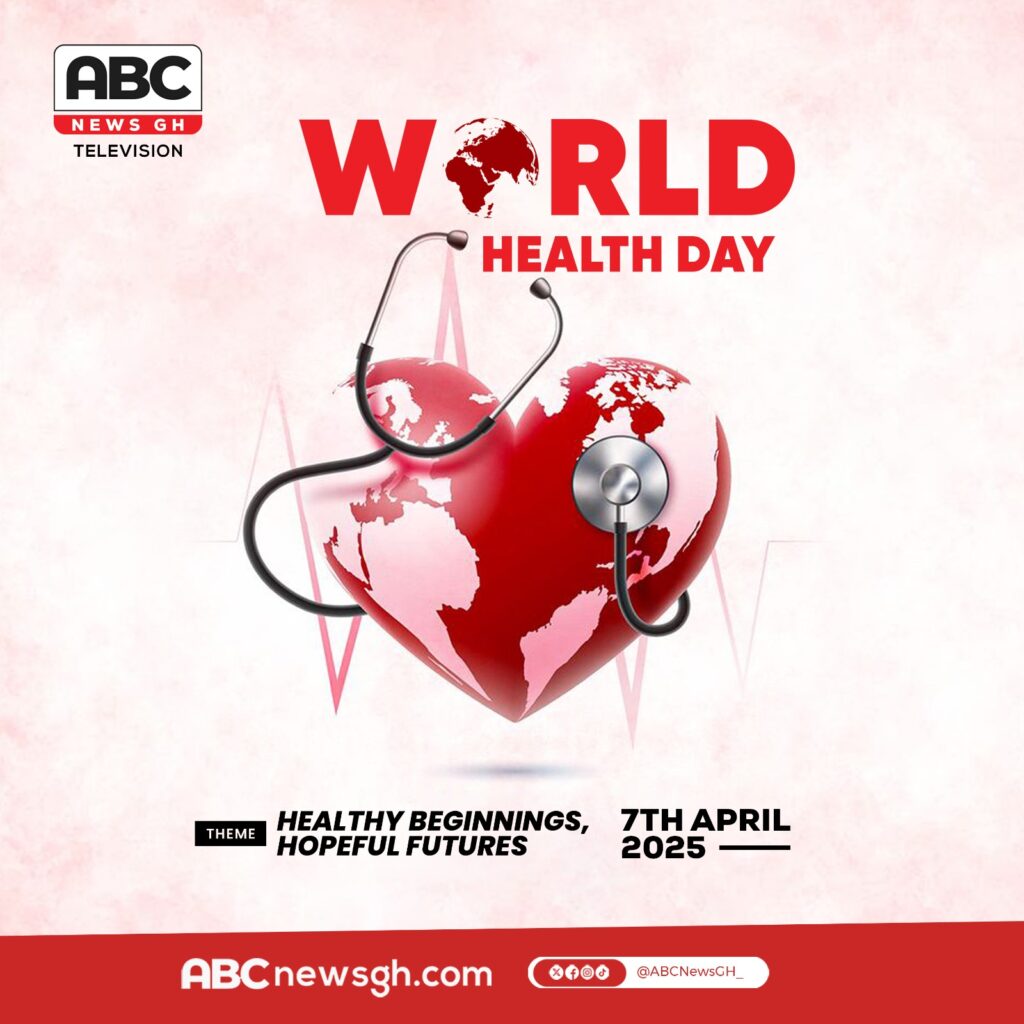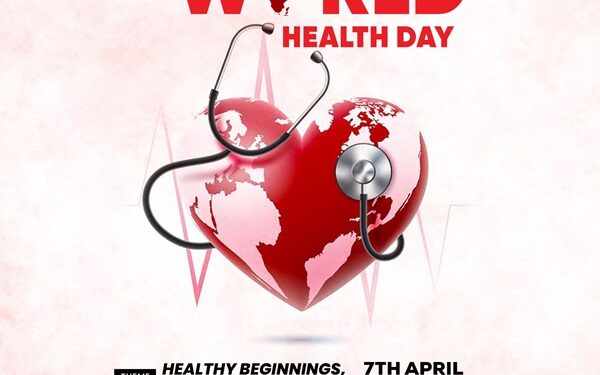World Health Day, observed annually on April 7 under the World Health Organization (WHO), highlights global health issues.
This year’s theme, Healthy Beginnings, Hopeful Futures, underscores the need for equitable healthcare access. A study by Prosper Issahaku Korah, Abraham Marshall Nunbogu, and Abubakari Ahmed in September 2023 examined healthcare accessibility in Ghana, with implications for Sustainable Development Goal 3—Good Health and Well-being.

The study found that while spatial access to healthcare is crucial, most research has focused on primary care, overlooking secondary and tertiary health facilities. The President of the Allied Health Professions Council and Lecturer at the University of Ghana, Dr. Shiraz Issahaku, attributes poor healthcare accessibility in rural areas to government’s inability to expand medical services.
“Generally, healthcare in the country today has gone through a lot of challenges—especially those in rural environments and they turn not to have access to basic healthcare. Unfortunately, the few ones we have are overcrowded because of the number of people who visit the place and it’s because government has failed to expand this basic need to our rural folks. We just hope that the current government will expand the facility to our rural people and those in the city will make it more affordable for people to attend,” he pleaded.
The study analyzed access to primary, secondary, and tertiary health facilities using data from Ghana’s Upper West Region. Findings revealed that 61% of the population can reach primary healthcare facilities within recommended standards, while 81% have access to secondary care.
However, accessibility varies depending on transportation, road conditions, and other barriers. Some Ghanaians shared how readily accessible they receive healthcare.
“Healthcare readily accessible to the average Ghanaian is very poor. We don’t have enough doctors and facilities, even with those available are not in a good condition. The healthcare facilities in the country are inadequate to accommodate some individuals.”
“These individuals are referred to a bigger hospital which in turn are not catered for. The healthcare system is not about facilities, it’s about finances. When you visit the hospital, before you get your medical care, you would have to go through a lot of processes which is costly,” they shared.
The UN’s Agenda 2030 prioritizes good health as a pillar of sustainable development. Dr. Issahaku acknowledges government efforts but stresses that more must be done to meet these targets.
“I remember some five, six years back, the goal three of the sustainable Development Goals was very far from where we are. I believe as we still sit today, we seem to be a bit far from reaching this goal that is a yardstick to reaching where we want to.”
“We still have five years to achieving this milestone, we have to work towards the objective of the goal, although it won’t be easy. What we need to do is for the government to put in more efforts, strategies and measures to work towards this objective within the next five years,” he added.
While healthcare availability is important, disparities in access continue to impact health outcomes.
By Andy Oppong Dankyi

































